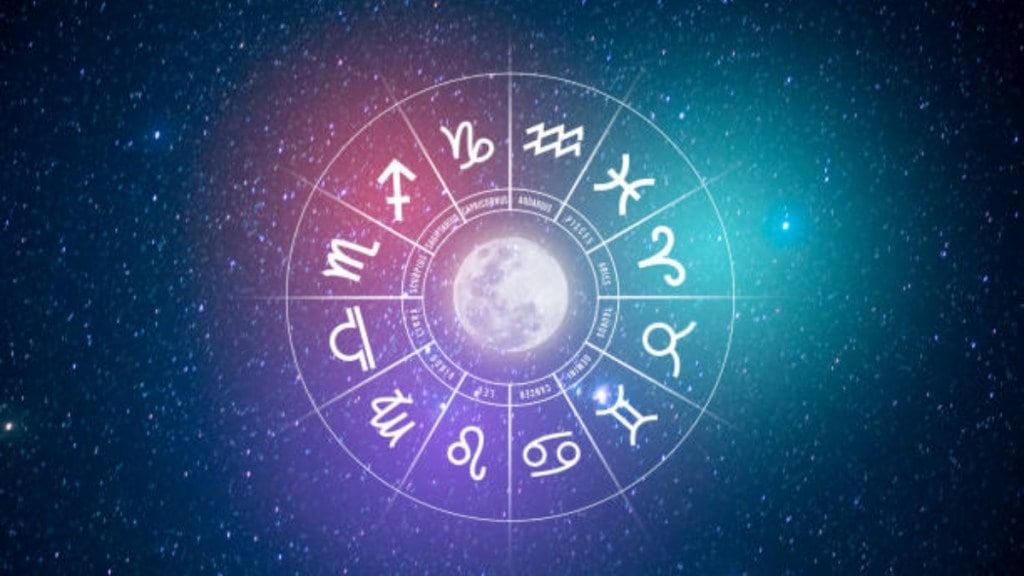Stars are shining for startups offering online astrology consultations this festive season. Engagements have surged 20-30% this year compared to the last one, as customers seek guidance for auspicious timings, rituals, vaastu and financial planning for the year ahead.
AI-powered astrology startup Astroyogi, for instance, has recorded a surge of 15% in consultations compared to the last festive season.
Vaastu and financial consultations by businesses in particular have seen a surge of over 50% for the startup. “Customers rely heavily on astrological advice during festivals to align their ventures, relationships, and finances with auspicious dates, leading to a significant increase in platform usage,” Meena Kapoor, founder and managing director, Astroyogi, told FE.
Similarly, temple services startup VAMA is seeing a 20-25% increase in new users, over 20% week-on-week revenue growth and a 70% growth in its e-puja segment this festive period. Launched in 2020, the startup offers services such as e-puja and e-darshan by partnering with more than 300 registered temples.
It is backed by Wavemaker Partners Lisa Gokongwei-Cheng and Harit Nagpal, and micro VC investors like Huddle Ventures, Blume Founders Fund, and others.
Looking at the heightened demand in recent years, many new startups have entered the space. According to data intelligence platform Tracxn, India has 573 active astrology startups and this year alone, 15 new startups have been launched in the segment. Additionally, many existing startups in the mental health and social media space are adding astrology consultations as an additional revenue stream.
For instance, coto, a women-only social community app, recently launched live consultations across various categories such as astrology, relationship advice, coaching and mental health. The startup claims that in less than three months, around 70% of its clients are exploring services in tarot, vaastu, and numerology, among others.
Tarun Katial, founder and CEO of coto, says that while one might expect Diwali, Dussehra, and other major holidays to be the key drivers, users spend significant time on the app, even during regional holidays like Hariyali Teej, Shrawan, Poornima, and Amavasya.
These startups, also called faith tech platforms, leverage the heightened festive engagement to drive additional growth by introducing new products and services tailored to specific festivals. While some introduce festive retail offerings like Diwali puja boxes and Diwali gift boxes, others make specific offers to users for Karwachauth, Diwali, etc. at discounted prices.
The festive season is also a major growth catalyst for significant user acquisition and annual revenue growth. Astroyogi claims that festive period sale contributes 15% of the startup’s annual sales. VAMA is seeing a 20-25% month-on-month increase in overall growth and its user base has expanded by 20-25%, driven by the introduction of new products and services for Navratri. Its current annual revenue run rate stands close to $3 million.
Investors are also betting on the increase in the demand for these startups, especially during the festive season, when astrology usage spikes by around 30%. According to Tracxn, this year startups in the space have raised a total funding of $31.8 million so far as compared to $635,000 last year.
“With demand surging and user bases expanding, spiritual tech and astrology platforms are experiencing exponential business growth. There is significant future potential, especially with AI advancements and improvements in personalisation,” Navin Honagudi, managing partner, Elev8 Venture Partners, said.
The firm has invested in Astrotalk, which claims to hold an 80-85% market share. The Noida-based startup has reportedly posted an operating revenue of `651 crore in FY24.
Currently, at $102-$106 million, India’s online astrology market is expected to grow tenfold by FY2030, according to a report by Redseer.
Advanced technologies such as machine learning (ML), artificial intelligence (AI), and data analysis tools used by these startups are key drivers. These technologies are enabling precise predictions and personalised insights, allowing astrologers to provide tailored advice based on user data.
